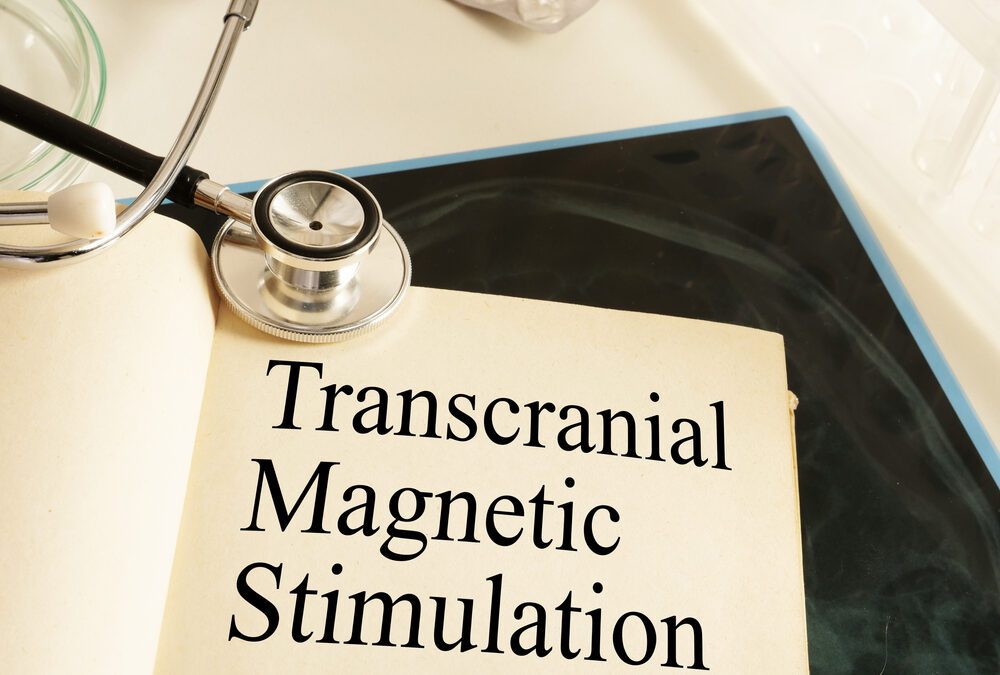Depression is a treatable condition, but standard therapies are ineffective for some forms of the illness. TMS (transcranial magnetic therapy) is often utilized when common treatments such as prescribed medications and talk therapy (psychotherapy) fall short of expectations.
Primary Benefits of TMS Therapy
Researchers are currently studying the procedure in different areas and have determined that TMS may help you if you have any of the following conditions:
1. TMS Treatment for Depression
TMS is primarily used to treat major depressive disorder (MDD). It is often advised for individuals who have not achieved relief through medication or counseling (referred to as a treatment-resistant depression). Around 30% of patients with depression do not react favorably to these treatments. TMS may aid in this region by activating nerve cells and enhancing activity.
2. TMS Therapy for Chronic Pain
TMS may alleviate chronic pain syndromes such as fibromyalgia. According to a 2017 study, it may aid by stimulating the motor cortex and regulating pain-related neurotransmitters. It’s worth mentioning that sadness and chronic pain frequently coexist. Because depression can aggravate chronic pain, TMS may aid in addressing depression symptoms.
3. TMS Treats Obsessive-Compulsive Disorder (OCD)
TMS may help with obsessive-compulsive disorder symptoms (OCD). The FDA authorized TMS for OCD in 2018. TMS is advised for people with OCD who haven’t responded to medication or counseling. One study found that persons with OCD frequently have increased activity between the prefrontal cortex and the striatum. This hyperconnectivity has been linked to severe OCD symptoms. TMS can reduce OCD symptoms by inhibiting activity in this area of the brain.
4. Anxiety Treatment with TMS
Anxiety frequently causes increased nerve cell activity in the prefrontal cortex. According to a 2019 study, TMS may lower activity in this location. TMS could also potentially help with generalized anxiety disorder (GAD).
5. TMS Therapy for Stroke Rehabilitation
TMS may aid in stroke rehabilitation, according to some data. A stroke occurs when blood flow to the brain is restricted or diminished, resulting in the death of brain cells. This can result in long-term muscle mobility loss. According to a study, TMS following a stroke may aid motor rehabilitation. The magnetic impulses are thought to affect the motor cortex’s activity, the brain’s portion that controls voluntary movement.
6. TMS Therapy for Parkinson’s Disease
Parkinson’s is a neurological condition. It produces motor dysfunction such as tremors, balance problems, and gait freezing. Gait freezing happens when you feel frozen and unable to move when walking. According to a 2020 study, TMS may help with gait freezing. It normalized the connections between brain regions implicated in gait freezing.
7. TMS Therapy for Alzheimer’s Disease
According to a new study, TMS may improve Alzheimer’s disease by modifying the brain connections involved in memory and learning. However, more research is needed to determine how TMS can help manage Alzheimer’s disease.
In addition to those listed above, TMS has been used for treatment in a variety of other areas, so you should talk to your doctor to see if it may be a fit for you. Also, the FDA has approved TMS for the treatment of depression and OCD, so your insurance may cover your visit – be sure to check with your insurance provider first.
Contact Northwest Psychiatry & TMS to learn more about how TMS therapy can benefit you. We realize the importance of mental health in today’s world and are here to help you with services personalized to your specific needs. For further information, please contact us at (206) 933-0699.


